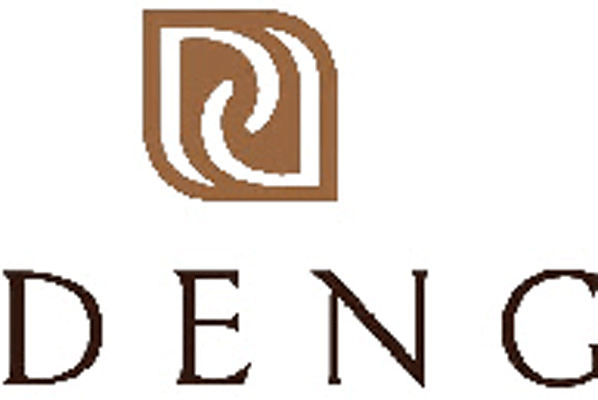
CROCODILE skin and meat supplier, Padenga Holdings Limited (PHL) expects growth for the year on the back of Chinese and European economies re-opening following the COVID-19-induced lockdowns.
BY TATIRA ZWINOIRA
In its annual report for the year ended 2019, released last week, PHL recorded a near 8,3% drop in profit after tax to US$6,74 million from a 2018 comparative of US$7,35 million.
The group’s 2019 performance was affected by “evolving market conditions impacting on skin prices and increased costs inherent in meeting social licence expectations and the implementation of measures to address enhanced skin quality expectations.
“Although closed for much of March/April, French tanneries were anticipating to re-open mid-April and product supply has thus far not been interrupted. Chinese markets for luxury products have re-opened after their COVID-19 shutdown and European markets are anticipated to follow as full economic recovery begins. We forecast this operation will record growth in FY20,” said PHL chairman Thembinkosi Sibanda, in the company’s 2019 annual report.
“In the alligator operation, the FY20 harvest crop continues to improve and targeted quality grades are achievable. The outbreak of the coronavirus in December 2019 has led to depressed demand for watchband-sized and low-grade skins which will continue into 2020.”
Restrictions on trade in European countries and China due to the COVID-19 pandemic have affected local exports into those markets.
Lockdowns instituted to curb the spread of COVID-19 in those markets have led to clients of exported products being unable to make orders, thus affecting demand.
- Chamisa under fire over US$120K donation
- Mavhunga puts DeMbare into Chibuku quarterfinals
- Pension funds bet on Cabora Bassa oilfields
- Councils defy govt fire tender directive
Keep Reading
“The business has responded to these changes by targeting to only produce medium and large skins. We have reduced volumes and reduced stocking densities to achieve the quality grades demanded,” Sibanda said.
PHL is looking to rebound after last year saw its total revenue drop by 22% to US$29,12 million from US$37, 32 million in the 2018 comparative.
“The group’s FY19 performance was affected by evolving market conditions impacting on skin prices and increased costs inherent in meeting social licence expectations and the implementation of measures to address enhanced skinquality expectations,” Sibanda said.
In 2019, PHL’s crocodile operation contributed 88% of the company’s total revenue.
However, turnover under this segment was down by 25% to US$25,53 million last year from a 2018 comparative of US$34,06 million.
In terms of its alligator business, skin volumes were up 27% against prior period (17 176 skins vs 13 500 skins).
“In line with this increased volume, the operation recorded turnover of US$3 596 803, being an increase of 11% over prior year sales of US$3 251 345. A loss before tax of US$993 338 was recorded,” Sibanda said.
He said shareholders approved the purchase of a 51% stake in the Dallaglio mining group late last year, but one regulatory approval for the acquisition is still awaited.
“The financials of this group have, therefore, not been consolidated in the 2019 results. Management is very positive about this investment and once the business comes online it will enhance foreign currency generation and significantly improve the group’s profitability,” he said.











